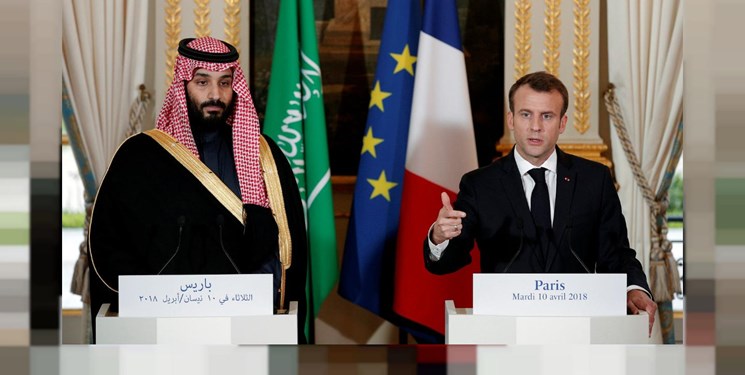Ali Akbar Farazi, in an interview with the website of the Strategic Council on Foreign Relations, referred to the allegations published in the Wall Street Journal and the return of the nuclear case-building against Iran, and said: The Iranian nuclear case is still the focus of the world attention; this issue has received more attention than ever since Trump left the White House and Joe Biden and his team took the helm.
He pointed to the challenging negotiations leading up to the JCPOA and added: The JCPOA was in the process of implementation that one side of the issue unilaterally withdrew from the agreement without complying with the provisions of the agreement, and the Europeans during the absence of the United States, despite showing the desire to continue working in the JCPOA, in practice failed to provide the facilities for the agreement to continue its work.
Attempts to make advancement of JCPOA difficult and impossible
The analyst of the international affairs, stressing that resolving Iran’s nuclear issue is very simple, said: One country has left the negotiating table and now it should return! But unfortunately, other parties, including the Americans, slowly began to raise conditions out of the JCPOA. In addition, what the opposition of the improvement of Iran’s economic condition have taken is to raise new issues to make implementation of the JCPOA difficult and even impossible.
Objectives of recent allegations against Iran’s peaceful nuclear activities
Criticizing the role of the International Atomic Energy Agency (IAEA) in raising some issues against Iran, Farazi quoting the inspectors of the international body said: The fact that suddenly and on the eve of a possible new development for the advancement of the JCPOA, new sources are quoted and vague statements and claims such as access to new sites are being raised, are completely with the sole purpose of destroying relations and preventing the advancement of the JCPOA.
The former Iranian diplomat added: It is quite clear that some people want to complicate the process of the issue and create conditions for other parties to get more advantage.
He stressed: The purpose of such news fabrications is more to put pressure on the Islamic Republic to gain points. Certainly, if Iran wanted to succumb to those pressures, it would not have endured so many years of severe and unilateral sanctions.
Farazi added: On the other hand, Europe and the person of Macron, by cooperating and in fact coordinating with the Saudis and others, are trying to see the upper hand for themselves in the JCPOA negotiations. In fact, in the context of the competition between Europe and the United States, Mr. Macron thinks to play the role of the big brother and he has hallucinations and thinks that with this role he can make both Europe and the Middle East countries indebted to him!
Referring to other news fabrications raised against Iran in recent days with specific objectives, he said: Another smear campaign that has been carried out against Iran at the international level, and seems that the Europeans were more involved in it, is that they claimed that Iran is not living up to its commitments and will soon acquire the nuclear weapon!
Saying that Iran sees the JCPOA as a win-win game, Farazi said: The US abandonment of the JCPOA talks led to the sanctions against Iran that harmed us. Naturally, when someone wants to return to the previous agreement, it should compensate for the losses occurred due to its withdrawal and lift the sanctions.
The former Iranian diplomat emphasized that the Americans should realize the objectives behind publishing such reports, adding: If the Americans reach the conclusion that in the same simple way that they themselves left the JCPOA they should return, it will not have a negative impact on the negotiations, but if such setups and news fabrications cause demands out of the JCPOA to be put on the table, negotiations will naturally become difficult.
He concluded by expressing the hope that the Americans would understand that the way is open for dialogue within the JCPOA framework and said: I hope the French and the Europeans will understand that they can continue their JCPOA talks and move forward with other issues in the framework of constructive talks that Iran has already had with Europe. In the context of constructive dialogue, it is not only Europe that puts its questions on the table, the Islamic Republic of Iran certainly has questions that will be raised within that framework.










0 Comments